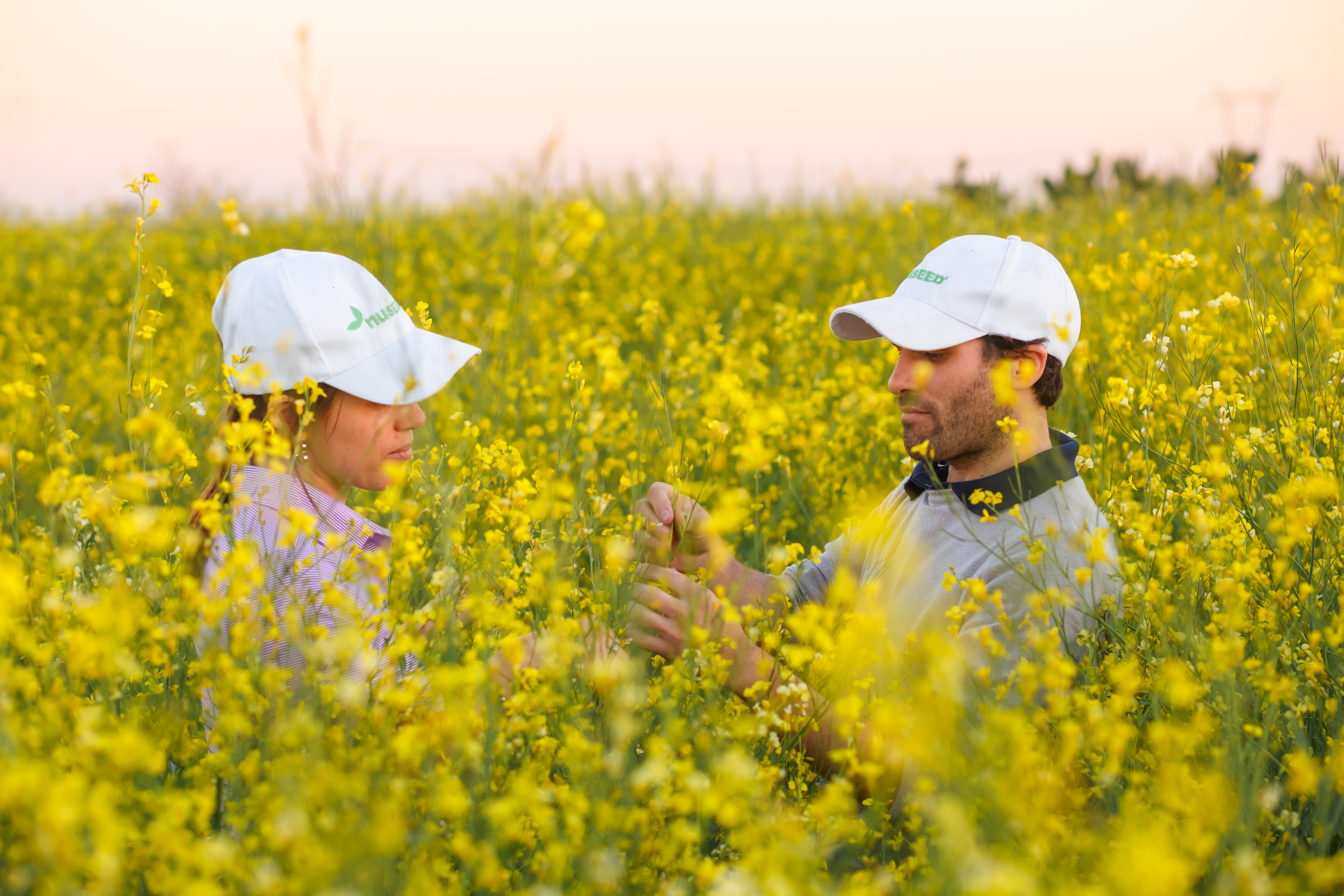LONDON, ENGLAND — Nuseed has reached an agreement with BP Products North America for the sale of Nuseed Carinata oil to BP PLC for processing or sold into growing markets for the production of sustainable biofuels.
Nuseed Carinata is a non-food cover crop that may be used to produce low-carbon biofuel feedstock that is independently certified, sustainable and scalable.
“Sustainable biofuels have a vital role to play in decarbonizing transport,” said Carol Howle, executive vice president, trading and shipping at bp. “By working with Nuseed, we can use their sustainable feedstock to help decarbonize challenging transportation sectors such as aviation, supporting the production of sustainable aviation fuel (SAF) and other biofuels.”
The agreement includes an initial 10-year term with Nuseed continuing to develop and expand its existing network of growers, channel and supply partners. The Carinata oil will be processed by bp or affiliates through its bio refining footprint and also sold into growing markets for the production of sustainable biofuels.
“Nuseed Carinata is a proven, drop-in solution for biofuel processors that’s ready to scale globally on existing farmland between main food crops,” said Brent Zacharias, Nuseed group executive. “Nuseed Carinata demonstrates how agriculture and energy companies can work together to meet demand for biofuels that lower lifecycle carbon emissions. This agreement enables us to accelerate the expansion of Carinata production to increase biofuel feedstock sustainably, while supporting higher economic returns on Nuseed’s investment in the Carinata platform.”
Nuseed is currently increasing commercial production in Argentina and planning expansion programs in South America and the United States. Initial research and market development programs are also underway in Europe and Australia. bp expects to initially target low-carbon biofuel markets in Europe and North America.
“The agreement between bp and Nuseed will assist with the rapid expansion of production, with bp standing as a committed buyer of feedstock and marketer of resulting fuels,” Zacharias said.
bp is already an active participant in the biofuels supply chain. bp produces renewable diesel from biomass-based feedstocks, including in the United States where it recently announced a project to expand renewable diesel production capability to an estimated 2.6 million barrels a year in 2022. Globally, the bp group aims to more than double its bioenergy portfolio by 2025 — and to quadruple it by 2030 — compared to 2019.






